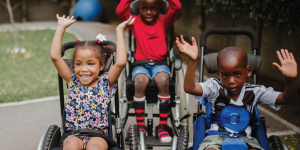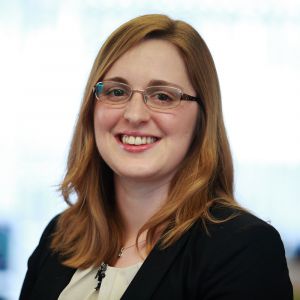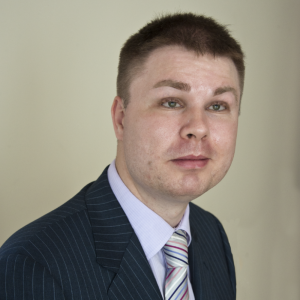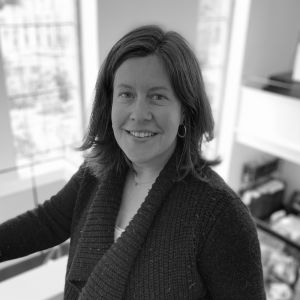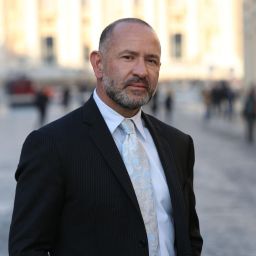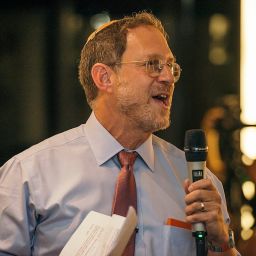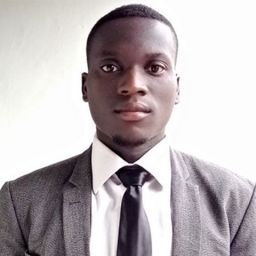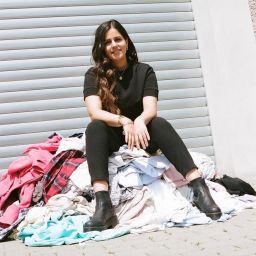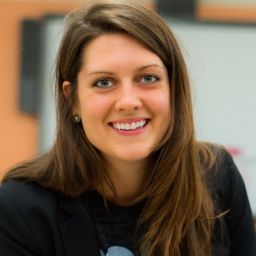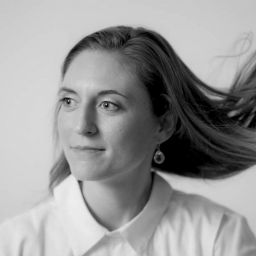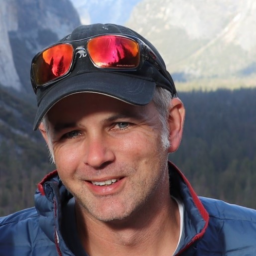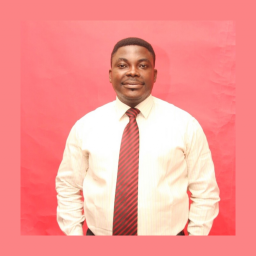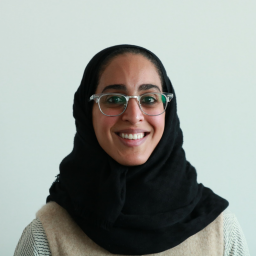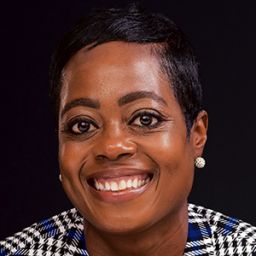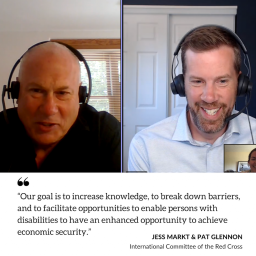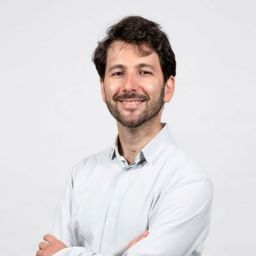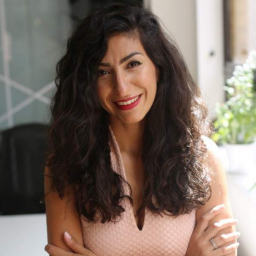Meaningful Business (MB:) Please tell us a bit about your background.
Shona McDonald (SM): When my second daughter was born with cerebral palsy, disabled, unable to speak and almost totally deaf, doctors and therapists advised me to put her in a home and have another baby. I was shocked at this advice, and refused to accept it. Instead, I was determined to start building a positive future for her. With the help of a local therapist and friends we started the adventure of designing her equipment and teaching her to communicate and read. This set me on a journey to prove that with appropriate assistive devices, inclusive government policies, knowledge to make informed choices and the agency to action these choices, a family of a child with a disability need never experience their child as less valued.
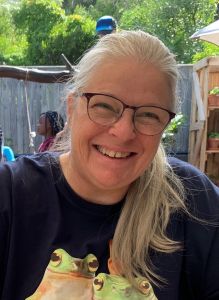
Shona McDonald, Founder & CEO, Shonaquip
MB: Please introduce your business and the problems you’re trying to solve.
(SM): The multi-award winning Shonaquip Social Enterprise (ShonaquipSE) is Africa’s only paediatric assistive technology product designer and manufacturer for children living in remote and rural areas. Since its inception in 1992, it has provided devices, services and training to an estimated 450,000 people with disabilities, mainly in South and Southern Africa. Shonaquip is currently serving 21,300 direct beneficiaries per annum which impacts the lives of more than 272,000 people. Our wheelchairs and other assistive devices are manufactured to ISO13485 global standards and our services, programmes and training strengthen ecosystems of support around the child with disabilities, their families and service providers.
Our work directly addresses the fact that globally 30 million wheelchairs need to be produced, fitted, adjusted, supported and maintained every year while only 3 million wheelchairs are actually produced annually*. Current production and government budgets cannot meet global demand and children wait up to six years in South Africa to receive a wheelchair.
*WHO World Report on Disability 2011
Children in assistive devices
MB: What is your biggest challenge right now and what support do you need?
(SM): Government health budgets are under stress and, in order to replenish our depleted reserves, we need to diversify our income opportunities through opening new export markets for our devices. Our production team recently secured the ISO13485 certification, the highest quality standard for medical devices manufacture. Together with FDA registration and our e-health capacity, we are now searching for reliable distributors in both the USA and Eastern Europe who are looking for new suppliers of quality paediatric wheelchairs and posture support equipment. Our products are award winning, well priced and clinically suitable for a wide range of children with intermediate and advanced seating needs.
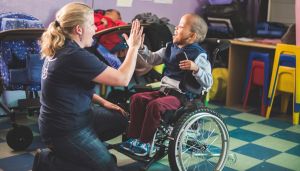
Shona with a child in a Shonaquip wheelchair
MB: What is your ambition for the future of your business?
(SM): We are a hybrid social enterprise that generates over 80% of its income though the design, manufacture and sale of products and services. We are confident that through collaboration and partnerships we will continue to grow, and provide the training and mentoring that improves the appropriateness of AT prescription and fitting, reducing life threatening secondary health complications and improving users’ function. We believe we have the opportunity to expand our reach and impact, to meet the needs of more than 1 million children, their families and healthcare providers by 2030.
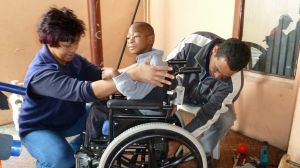
A child being put into an assistive device
MB: What is your advice to other leaders who want to combine profit and purpose?
(SM): This is the viable and necessary business model for the future!
“Here’s to the crazy ones. The misfits. The rebels. The troublemakers. The round pegs in the square holes. The ones who see things differently. They’re not fond of rules, and they have no respect for the status quo. You can quote them, disagree with them, glorify and vilify them. But the only thing you can’t do is ignore them because they change things. They push the human race forward. And while some may see them as the crazy ones, we see genius. Because the people who are crazy enough to think they can change the world, are the ones who do.”
Steve Jobs.
________
Quickfire Questions
MB – Tell us a mistake you’ve learned from:
(SM): I hesitated – don’t doubt your gut instincts and female intuition if you’re fortunate to be a woman entrepreneur.
MB – How do you spend your time away from work?
(SM): I spend every spare minute with my dogs, cats and family in that order.
MB – What’s the best piece of advice you’ve ever received?
(SM): “The purpose of life is not to be happy – but to matter, to be productive, to be useful, to have it make some difference that you lived at all” Leo Rosten.
MB – What is the one book everyone should read?
(SM): Winnie the Pooh
MB – What is something you wish you were better at?
(SM): Managing my google docs!
MB – What’s one thing you want to achieve in 2022?
(SM): I want to secure an agreement with a reputable medical device distributor who is excited and proud to sell our products in the USA.
________
Discover the other leaders recognised on the 2021 MB100, for their work combining profit and purpose to help achieve the United Nations Global Goals, here.


